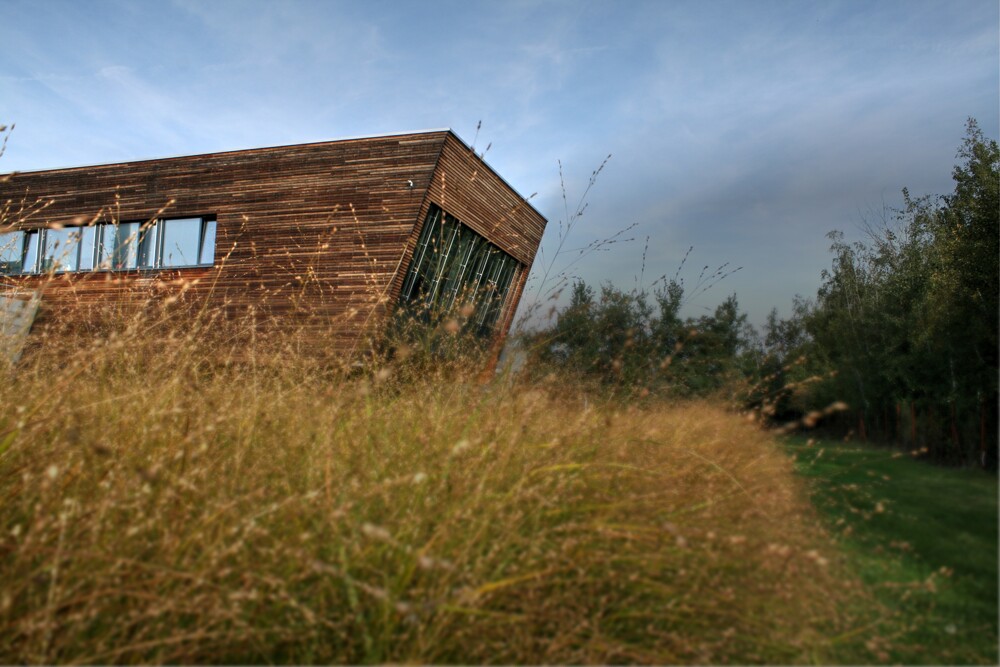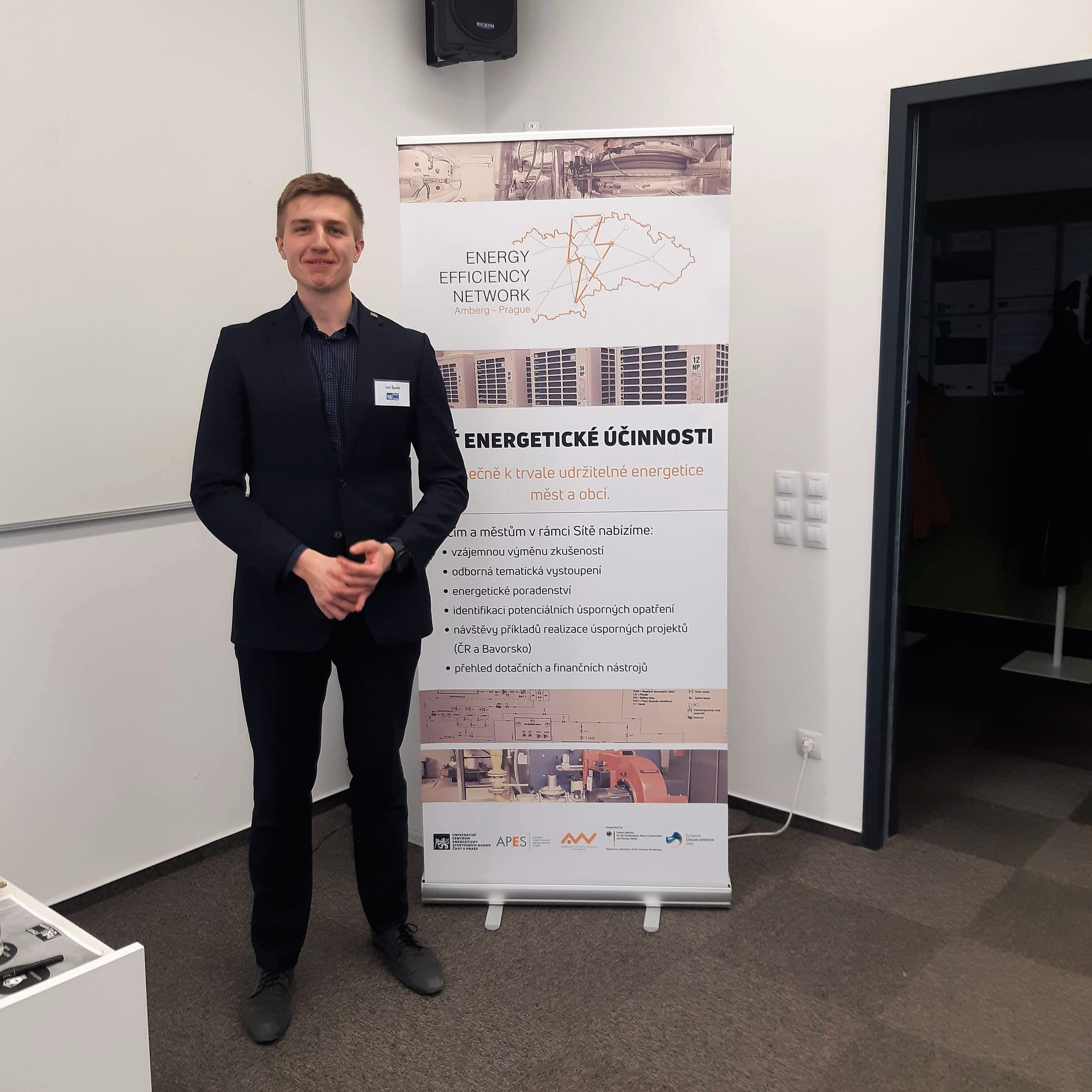

Following the model of German energy efficiency networks, of which almost 280 are actively operating in Bavaria alone, a similar network is now being created in our country. The first meeting of its members took place at the beginning of February 2022 at the headquarters of the University Centre for Energy Efficient Buildings of CTU in Prague. A total of 12 mayors, representatives and employees of city and municipal offices from the whole Czech Republic gathered. They were united by a single theme – how to efficiently manage energy.
Smaller villages and towns such as Bělá nad Radbuzou, Pilníkov, Sázava, Týnec nad Sázavou, Jílové u Prahy, Bystřice, Letohrad or Mníšek pod Brdy are represented in the network, as well as statutory cities such as Kladno, Karviná or Děčín. The problems faced by each of them are also different. Thanks to the energy efficiency network, the activity of which will this year be covered by the EUKI (European Climate Protection Initiative) fund, each of the participants will have the support of a team of experts from the University Centre for Energy Efficient Buildings of CTU, who will help cities and municipalities to identify suitable measures for energy saving and the preparation of a short assessment, the conclusion of which will be a recommendation for measures to be implemented. This document will further serve as background material for the following feasibility study prior to its implementation.
The aim of the first meeting was to get to know each other and clarify expectations. They talked about problems with collecting consumption data, their further use, the lack of energy managers and legislation regulating the activities of energy communities, but also about big plans for the future in the field of PV and community energy. The introduction of energy management (EM) was also discussed. Its importance was also emphasized at the meeting by Jakub Maščuch from CTU UCEEB: "It has been proven in a number of studies that the introduction of EM alone will save 5-20% of energy costs just because employees are careful about how much energy they consume" and added: "EM however, it is primarily about monitoring and "translating" information about the happenings in the energy sector of municipal buildings into the language of representatives and office workers, and this is key for the city."
Overall, the meeting and the idea of the Energy Efficiency Network were positively evaluated both by mayors of municipalities that are starting with energy, and also by representatives of larger cities. David Škorňa said: "Thanks to involvement in the SPARCS international project, we have moved a lot in Kladno. Sharing experiences is a great asset”. Josef Wozniak from Karviná appreciated that he now knows who to call regarding energy management.
"It is extremely important to connect with local action groups, associations of municipalities and other initiatives, so that we join forces, share our knowledge and experience. This will allow us to become independent from multinational companies that logically pursue other goals," reminded the mayor of Mníšek pod Brdy Magdalena Davis.
The second meeting of network participants will take place in April in one of the participating municipalities, so that everyone can see the specific energy-saving solution on site.